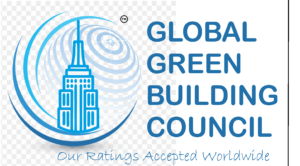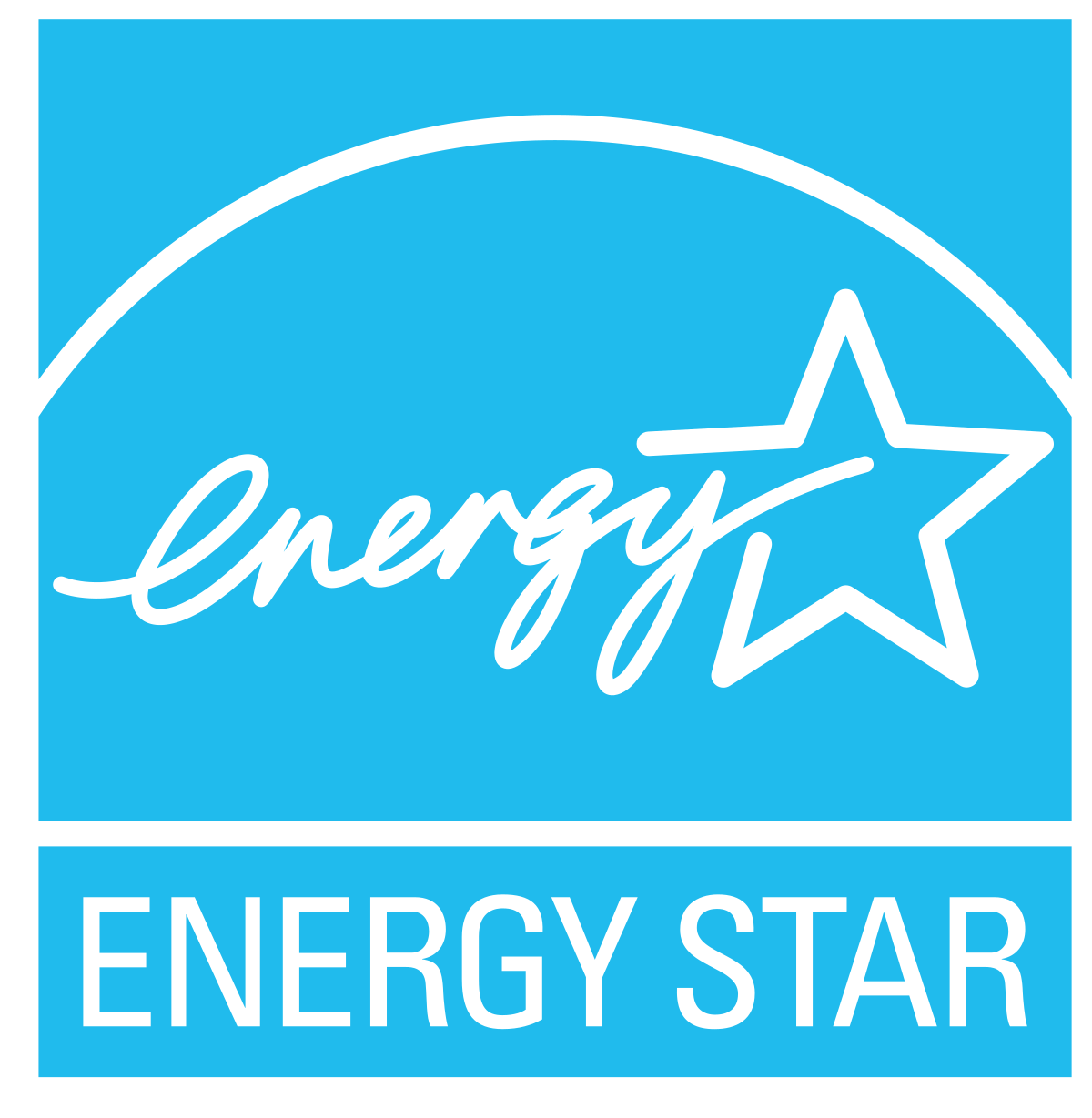Energy star products
Courtesy : www.energystar.gov/
ENERGY STAR is the simple choice for energy efficiency, making it easy for consumers and businesses to purchase products that save them money and protect the environment. Products that earn the ENERGY STAR label are independently certified to meet strict standards for energy efficiency set by the EPA. It’s that integrity that led Americans to purchase more than 300 million ENERGY STAR certified products and more than 300 million ENERGY STAR certified light bulbs in 2020, with a market value of more than $100 billion. In fact, an average of 800,000 ENERGY STAR certified products was sold every day in 2020, bringing the total to more than 7 billion products sold since 1992.
The power of partnership
Consumers, utilities, and retailers all depend on the ENERGY STAR program to highlight products that deliver real consumer savings and give partners the tools they need to differentiate their efficient products. In 2021, approximately 1,900 manufacturers and 1,200 retailers partnered with ENERGY STAR to make and sell millions of ENERGY STAR certified products across more than 75 residential and commercial product categories. Utilities and retailers also teamed up with ENERGY STAR to coordinate consumer education, leveraging ENERGY STAR materials to provide consistent information to consumers. This includes a focused effort to raise awareness about efficient heat pumps, water heaters, refrigerators, laundry equipment, pool pumps, smart thermostats, and light bulbs.
Evolving with the market
As technology improves and markets change, ENERGY STAR evolves to deliver additional savings. For example, the ENERGY STAR® specification for refrigerators was established in 1996 and has been updated multiple times. These updates also helped reduce the average energy consumption of refrigerators while the average volume increased 18% from 1996-2017. View refrigerators graph. The ENERGY STAR specification for clothes washers demonstrated a similar trend with an even greater drop of 30% in energy consumption while the average capacity increased 34% from 2004-2017. View clothes washers graph.
In 2021, EPA updated performance requirements for residential water heaters, central air conditioners and heat pumps, water coolers, and small network equipment. EPA also expanded the types of residential clothes washers and refrigerators, electric vehicle chargers, and imaging equipment that are eligible for certification under ENERGY STAR specifications and updated optional ENERGY STAR connected criteria for pool pumps. More than 3,800 product models from over 220 manufacturers were recognized as “ENERGY STAR Most Efficient,” a distinction that recognizes products that deliver cutting-edge energy efficiency along with the latest in technological innovation. Laundry centers and DGX-to-water heat pumps were added as product types eligible for ENERGY STAR Most Efficient recognition.
Ensuring program integrity
In 2020, EPA oversaw robust third-party certification of ENERGY STAR products, administered by more than twenty independent certification bodies and more than 500 labs. EPA also requires that a sample of products is tested directly off retailers’ shelves. In 2020, EPA-recognized certification bodies administered post-market verification testing on nearly 2,000 products, resulting in 105 unique disqualifications for a compliance rate of 95%. Learn more at energystar.gov/integrity.
Program savings
In 2020, ENERGY STAR certified products helped consumers save 240 billion kilowatt-hours of electricity, avoid $24 billion in energy costs, and achieve 180 million metric tons of greenhouse gas reductions.
Spotlight on: Heat Pumps – The Clean Heat (and Cooling) of the Future
As part of the EPA’s commitment to decarbonization, ENERGY STAR is emphasizing heat pump technologies, both in terms of increasing acceptance in the residential sector but also contributing to performance improvements. Roughly 25% of home heating equipment unit sales in 2019 were ENERGY STAR certified heat pumps. As carbon emissions associated with electricity generation continue to decline in the U.S., heat pumps present a cleaner and more sustainable choice, with the energy-efficiency potential to significantly offset the growth in electricity demand that is expected with increased electrification. In 2021, EPA introduced ENERGY STAR requirements specific to heat pumps intended for use in cold climates. These new requirements are specially designed to help ensure heat pumps not only save energy at low temperatures but do so while delivering enough heat.
In addition, ENERGY STAR is addressing issues associated with equipment installation and maintenance that can undermine expected energy savings. For instance, equipment that is oversized will use more energy than is needed for a particular home, or it will have to work harder if the airflow is not properly optimized for the size of the air ducts. While these issues have historically been out of the control of equipment manufacturers, ENERGY STAR is incentivizing emerging technology solutions, including variable speed compressors and automatic fault detection and diagnostics (AFDD).



